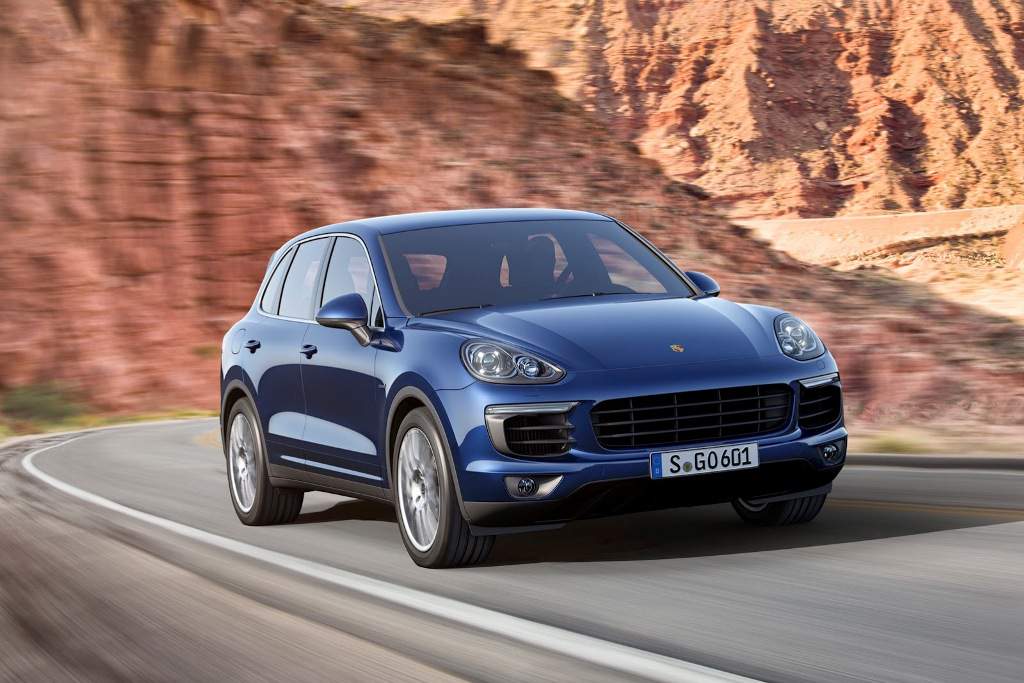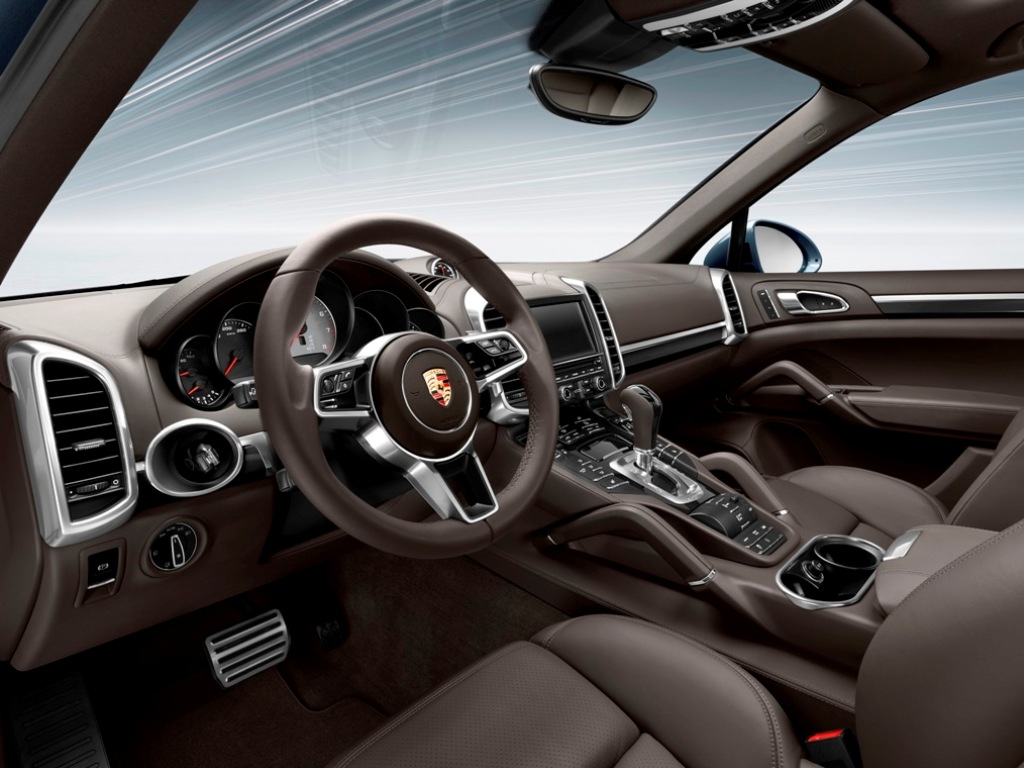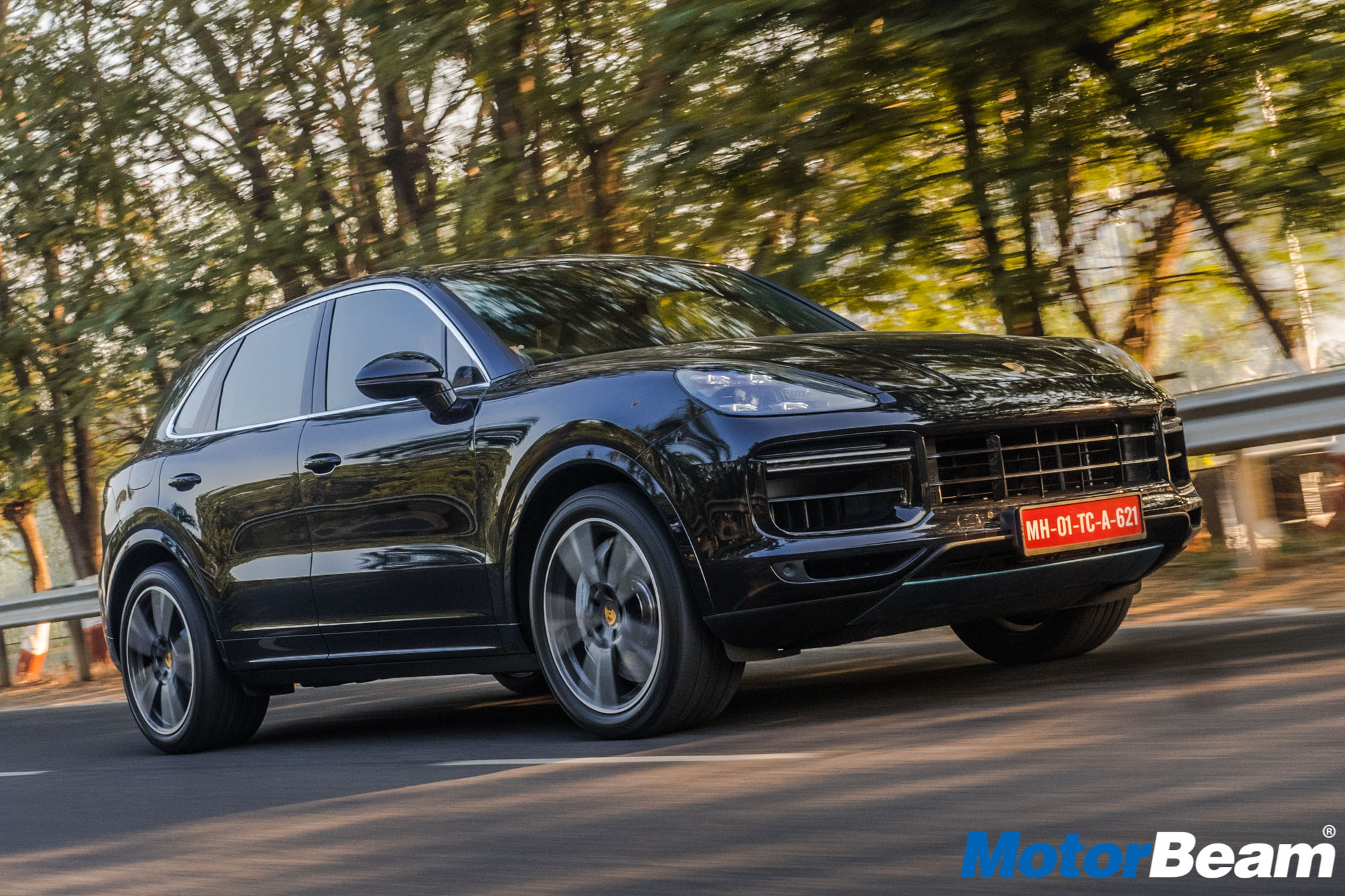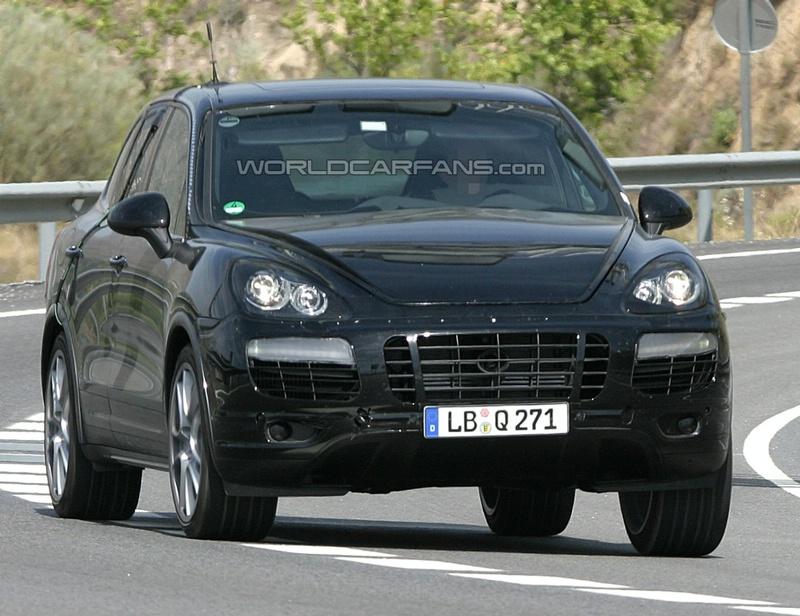Just when Bentley thought it was going to make the fastest SUV, Porsche declared that the next generation version of the Cayenne which would be even faster.
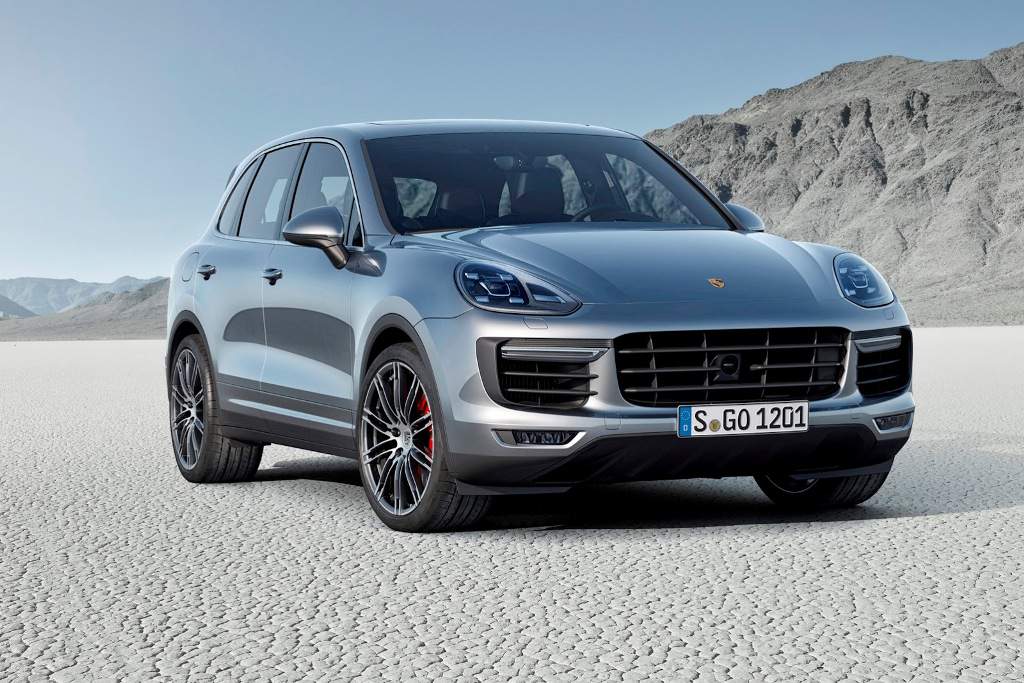
There is definitely some sweet politics going inside the Volkswagen Group. The quarrel between Porsche and Bentley to make the world’s fastest SUV is on. Bentley recently claimed that its upcoming Bentayga will be the world’s fastest SUV which will out-speed the Porsche Cayenne. Porsche’s response to the statement was clear that it won’t allow anyone to take the position so easily. Porsche’s research and development boss Wolfgang Hatz declared that the next generation Cayenne will be much quicker. So it’s too early for Bentley to dream about taking the fastest SUV spot.
“Our Cayenne is always very very quick. It is doing 300 km/hr (186 mph). I think if Bentley is doing 2 to 3 km/hr more, then why not? They are doing that with a 12-cylinder. Our car will be much quicker on the road”. Wolfgang Hatz, Head R&D, Porsche, said.
Porsche lately unveiled the Cayenne Turbo S in Detroit which is currently the world’s fastest SUV. The super SUV touches 300 km/hr and has the capacity of posting a sub-eight-minute lap of the Nürburgring Nordschleife. The vehicle takes 4.4 seconds to accelerate to 100 km/hr from standstill. The Cayenne Turbo S uses a 4.8-litre V8 engine, having an output of 550 BHP and a torque of 750 Nm. But the next generation Cayenne will be considerably faster as Hatz declared that it will lose weight, at least as much as the second generation Audi Q7 which is 325 kgs lighter. The new Cayenne will weigh under 2 tonnes and will use this low weight to its speed advantage. It is expected to arrive in 2017.
The Porsche Cayenne will remain the company’s fastest SUV for a while, as the German makers have no future plans to add engines with more than six-cylinder to the Macan. Hatz also claimed that Porsche will not build any other SUVs other than Cayenne and Macan. Remarkably, Bentley has got much to work on to come in the competition. Both Porsche and Bentley are owned by Volkswagen and have a common resource pool.
